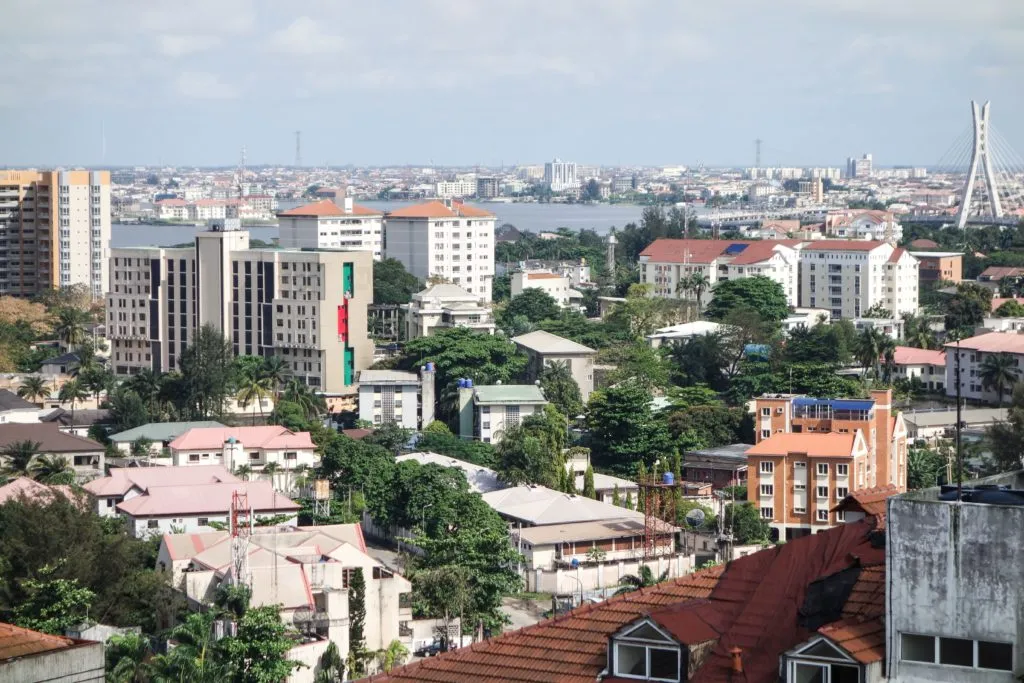Real estate investment holds a timeless allure, offering lucrative opportunities for those with vision and resources. In Nigeria, the landscape is ripe with potential, yet many developers face the hurdle of acquiring funds to kickstart their projects. This is where real estate developer loans come into play, serving as a financial lifeline for aspiring property moguls.
What are Real Estate Developer Loans?
Picture this: a developer spots a promising piece of land but lacks the necessary funds to seize the opportunity. A real estate developer loan steps in as the solution. It’s essentially a financial boost that allows developers to acquire and develop properties, turning dreams into tangible realities.
Conditions for Obtaining a Real Estate Developer Loan in Nigeria
Navigating the intricacies of securing a real estate developer loan in Nigeria requires understanding the conditions set forth by the Mass Housing Scheme (MHS) in collaboration with the Federal Mortgage Bank of Nigeria:
- Purpose: These loans are earmarked specifically for residential housing estate development, with an attractive interest rate of 10% per annum and a maximum repayment period of 24 months.
- Infrastructure Financing: Private developers are responsible for financing up to 70% of infrastructure, while housing corporations and government-owned projects cover 100%. A solid financial plan outlining infrastructure provision is a prerequisite.
- Title Requirements: The proposed estate must possess a clear title suitable for sub-leasing to individual buyers. Additionally, housing units must fall within the affordable price range of not more than N5.0 million.
- Buyer Commitment: Firm commitments from buyers/allottees are essential. Accredited Primary Mortgage Institutions play a crucial role in facilitating these commitments.
- Financial Documentation: Developers must furnish detailed financial projections, including their equity participation, along with acceptable bank guarantees as security for the loan.
Documents Required for Application
Preparing a comprehensive application package is vital for success. Here’s a rundown of the essential documents:
- Corporate documents such as certificate of incorporation and memorandum of association.
- Evidence of National Housing Fund registration and contributions.
- Real Estate Development Association of Nigeria (REDAN) membership details.
- Detailed project information, including board of directors, technical team, and past project portfolio.
- Tax clearance certificates, building plans, and valuation reports, among others.
Conclusion
Real estate developer loans offer a pathway to realizing ambitious projects in Nigeria’s dynamic property market. By meeting the eligibility criteria and submitting the required documentation, developers can access the necessary funds to turn their visions into concrete achievements.
FAQs
1. Who is eligible for real estate developer loans in Nigeria?
Any registered property developer in Nigeria can apply for these loans, provided they meet the stipulated criteria set by the Mass Housing Scheme and the Federal Mortgage Bank of Nigeria.
2. What types of projects are eligible for financing?
Real estate developer loans are specifically designed for residential housing estate developments, ensuring that the housing units remain affordable for low-to-medium-income earners.
3. What role do Primary Mortgage Institutions (PMIs) play in the loan process?
PMIs facilitate the marketing and disposal of housing units to National Housing Fund contributors/allottees, thereby solidifying buyer commitments and ensuring project viability



